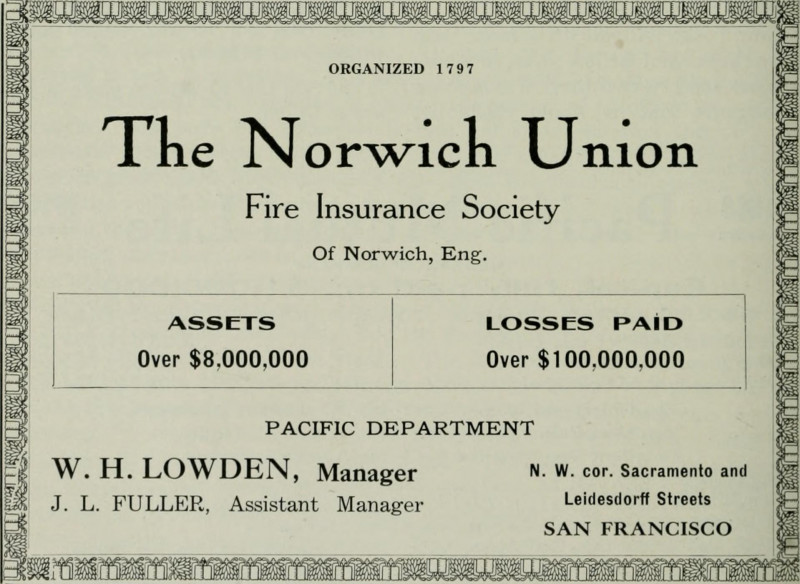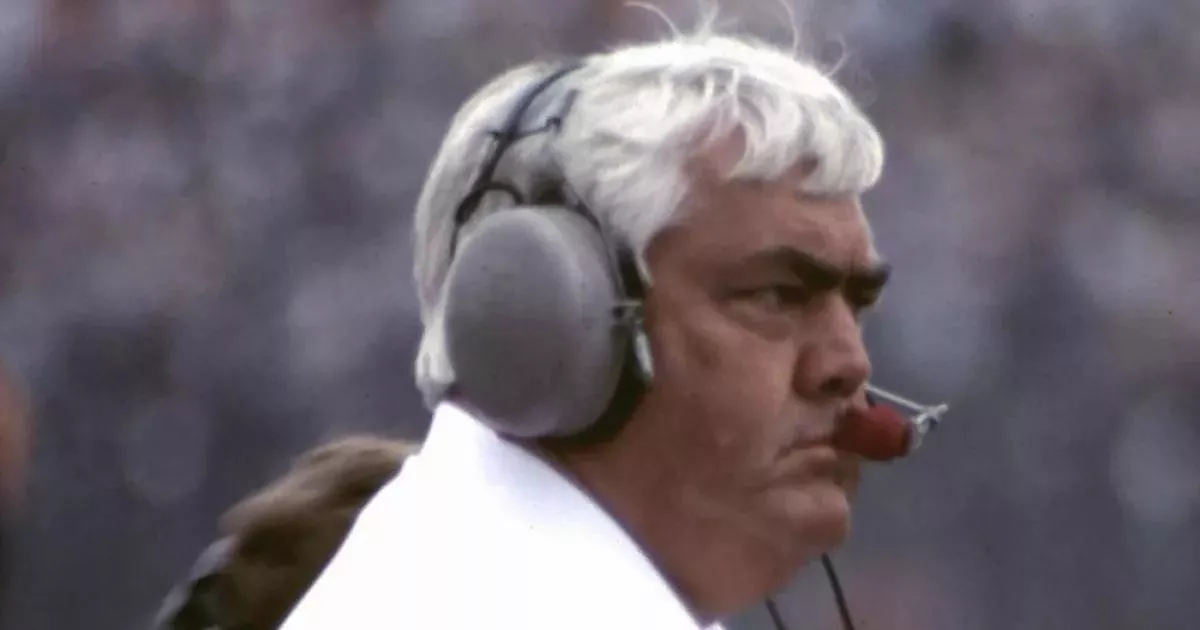Robert "Junior" Johnson Jr. was a renowned American figure in stock car racing, known for his triple roles as a driver, engineer, and team owner. His career boasts 50 NASCAR race victories before his retirement in 1966. Beyond driving, Johnson excelled as a team owner, guiding drivers Cale Yarborough and Darrell Waltrip to NASCAR championships. Notably, he pioneered the drafting technique in stock car racing. His daring past as a moonshiner earned him the moniker "The Last American Hero," a title shared by his autobiography and a film based on his life. In his later years, Johnson partnered with Piedmont Distillers to launch "Midnight Moon Moonshine," a nostalgic venture inspired by his youth.
1915: Establishment of Piedmont Distillers
Piedmont Distillers, the company Junior Johnson partnered with, was located in a former train station built in 1915.
1929: Birth of Flossie Clark
Flossie Clark, who would later become Junior Johnson's wife, was born in 1929.
June 28, 1931: Birth of Junior Johnson
Robert Glenn Johnson Jr., better known as Junior Johnson, was born on June 28, 1931.
1949: Junior Johnson's First Marriage
Junior Johnson's first marriage, to Mary Gray, took place in 1949.
1955: Junior Johnson's NASCAR Debut
Junior Johnson began his NASCAR driving career in 1955 and quickly made a name for himself, securing five wins and finishing sixth in the Grand National points standings.
1956: Junior Johnson's Arrest for Moonshining
In 1956, Junior Johnson was arrested and imprisoned for operating an illegal still, highlighting his past involvement in moonshining.
1956: Junior Johnson's Moonshining Conviction
Junior Johnson's moonshining activities in 1956 resulted in a conviction that was later pardoned by President Reagan.
1958: Continued Success in NASCAR
Junior Johnson's success in NASCAR continued in 1958 with six race wins.
1958: Reported Marriage Year of Junior Johnson and Flossie Clark
Some sources, including Racing Legends, cite Junior Johnson and Flossie Clark's marriage year as 1958.
1959: Junior Johnson Excels on Short Tracks
Junior Johnson's five NASCAR Grand National race wins in 1959, including one from pole position at Hickory 250, solidified his reputation as a top short-track racer.
1960: Victory and Innovation at the Daytona 500
In 1960, Junior Johnson won the Daytona 500 using a slipstream technique he discovered during practice, which later became known as drafting and changed NASCAR racing.
1963: Challenges and Setbacks in Johnson's Career
In 1963, Junior Johnson experienced both setbacks and triumphs. He was leading the World 600 in Charlotte when a spectator threw a bottle on the track, causing a crash, and he failed to qualify for the Indianapolis 500.
1964: Junior Johnson Builds Home for His Family
Junior Johnson built a home for his family in 1964, which Flossie Clark kept after their divorce.
March 1965: Tom Wolfe Publishes Article on Junior Johnson
Tom Wolfe's article on Junior Johnson, published in Esquire in March 1965, propelled Johnson into the national spotlight and led to the film adaptation of his life story.
1965: Birth of Lisa Day
Lisa Day, who would later become Junior Johnson's third wife, was born in 1965.
1966: Junior Johnson Retires from Driving
Junior Johnson retired from driving in 1966 after a successful career, having never won a championship but securing 50 victories.
1973: Release of "The Last American Hero"
"The Last American Hero," a movie based on Junior Johnson's life as a driver and moonshiner, was released in 1973, further solidifying his public image.
1975: Legal Marriage of Junior Johnson and Flossie Clark
Junior Johnson and Flossie Clark were legally married in 1975, although they had been together since the early 1950s.
1976: Junior Johnson's Team Wins First Championship
Junior Johnson's team secured their first NASCAR championship with Cale Yarborough in 1976, marking the beginning of a successful run as a team owner.
1978: Johnson's Team Secures Third Consecutive Championship
Junior Johnson's team, with Cale Yarborough, achieved a third consecutive NASCAR championship win in 1978.
1981: New Driver, Same Winning Formula
Junior Johnson's team continued its dominance in NASCAR with Darrell Waltrip winning the championship in 1981.
1985: Darrell Waltrip Wins Third Championship for Johnson's Team
Darrell Waltrip secured his third NASCAR championship win with Junior Johnson's team in 1985, solidifying Johnson's legacy as a successful team owner.
December 26, 1986: Presidential Pardon for Junior Johnson
On December 26, 1986, President Ronald Reagan granted Junior Johnson a presidential pardon for his 1956 moonshining conviction.
1992: Divorce and Remarriage
Junior Johnson's marriage to Flossie Clark ended in divorce in 1992, and he subsequently married Lisa Day.
1993: Birth of Robert Glenn Johnson III
Robert Glenn Johnson III, Junior Johnson's son with Lisa Day, was born in 1993.
1995: Birth of Meredith Suzanne Johnson
Meredith Suzanne Johnson, Junior Johnson's daughter with Lisa Day, was born in 1995.
1997: Junior Johnson Builds a New Family Home
Junior Johnson built a new home for his family in 1997.
1999: Wolfe's Article Featured in "Best American Sports Writing"
Tom Wolfe's article on Junior Johnson was included in "The Best American Sports Writing of the Century" in 1999, solidifying its place as a significant piece of sports journalism.
2006: Development of a Junior Johnson Biopic
In 2006, plans for a biopic about Junior Johnson's life were announced, aiming to portray a more accurate account of his experiences.
May 2007: Launch of Midnight Moon Moonshine
In May 2007, Junior Johnson partnered with Piedmont Distillers to launch "Midnight Moon Moonshine," a nod to his early days as a moonshiner.
May 2007: Junior Johnson Partners with Piedmont Distillers
In May 2007, Junior Johnson partnered with Piedmont Distillers to launch "Midnight Moon," a moonshine brand that pays homage to his past.
2010: Robert Johnson: UARA Rookie of the Year
Robert Johnson, Junior Johnson's son, was named the UARA Rookie of the Year in 2010, setting the stage for his racing career.
2011: Junior Johnson Returns to Racing
In 2011, Junior Johnson announced his return to racing, launching Junior Johnson Racing with his son, Robert, as the driver.
2012: Junior Johnson Sells Family Home
Junior Johnson sold his family home in 2012 due to declining health.
December 20, 2019: Death of Junior Johnson
Junior Johnson passed away on December 20, 2019.
2019: Junior Johnson Resides in Charlotte
At the time of his death in 2019, Junior Johnson was residing in Charlotte, North Carolina.
April 9, 2020: Passing of Flossie Clark
Flossie Clark, Junior Johnson's childhood sweetheart and wife, passed away on April 9, 2020.
Mentioned in this timeline
North Carolina is a Southeastern U S state the th-largest...
The Daytona is a -mile NASCAR Cup Series race held...

Trains are a connected series of vehicles traveling on railway...
Trending

2 seconds ago Justin Timberlake Sues to Block Release of DWI Arrest Video in Sag Harbor

45 seconds ago Josh Duhamel Opens Up About His Divorce with Fergie, Expresses No Regrets.
1 minute ago Texas Lottery: Winning Numbers Announced for Powerball, Lotto Texas, and Daily 4.
1 hour ago Montgomery County Schools reverses electric bus plan; considers snow day calendar changes.

1 hour ago Discovering Nuria Brancaccio: Rising Star in Women's Tennis

3 hours ago Zurich Insurance to Acquire Beazley in a Landmark $11 Billion Deal
Popular

Jesse Jackson is an American civil rights activist politician and...

Hillary Diane Rodham Clinton is a prominent American politician lawyer...

Jim Carrey is a Canadian-American actor and comedian celebrated for...

XXXTentacion born Jahseh Dwayne Ricardo Onfroy was a controversial yet...

Michael Joseph Jackson the King of Pop was a highly...

Kashyap Pramod Patel is an American lawyer who became the...
